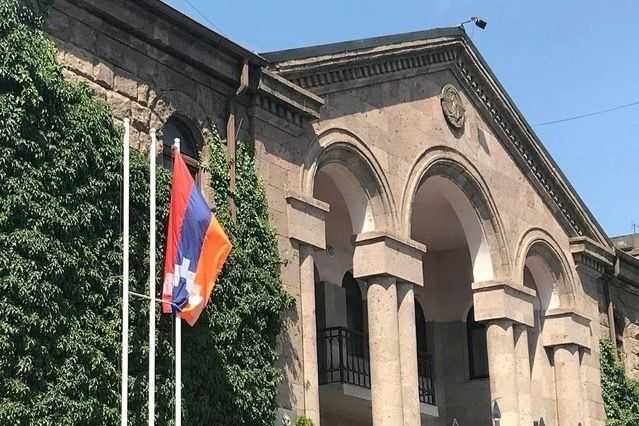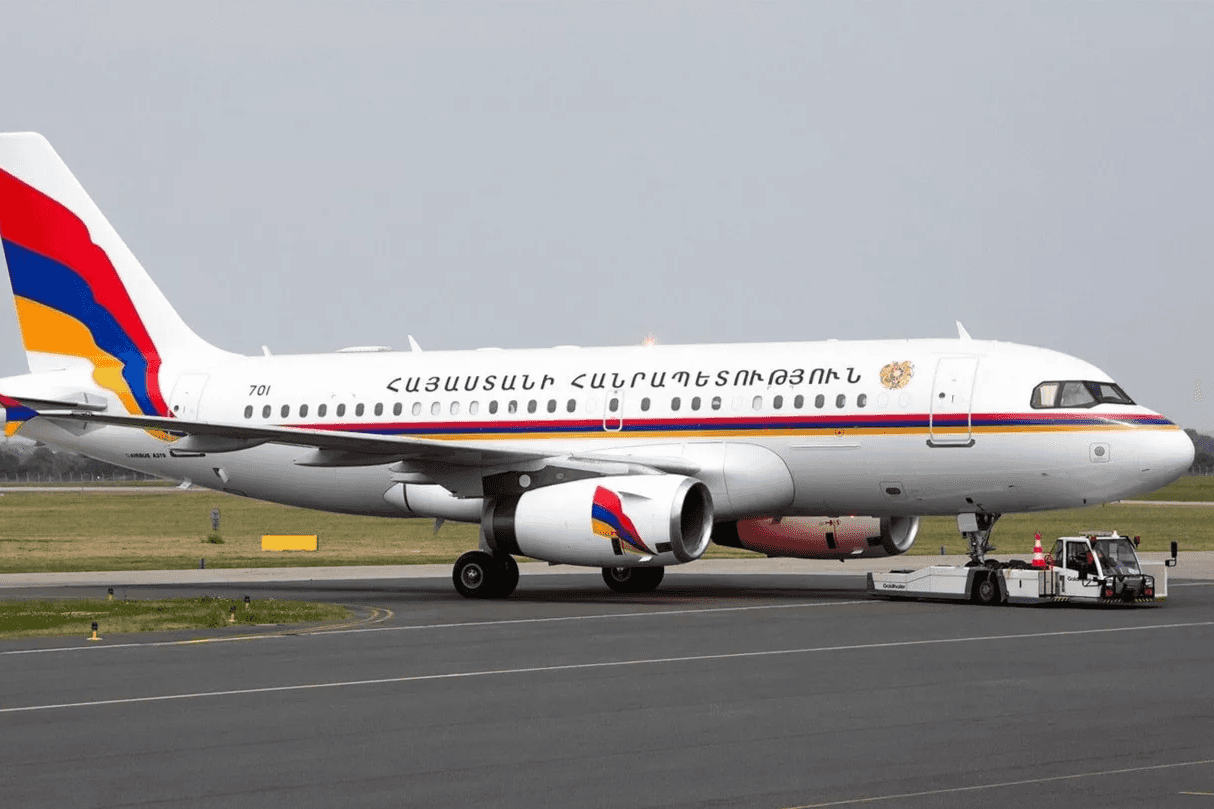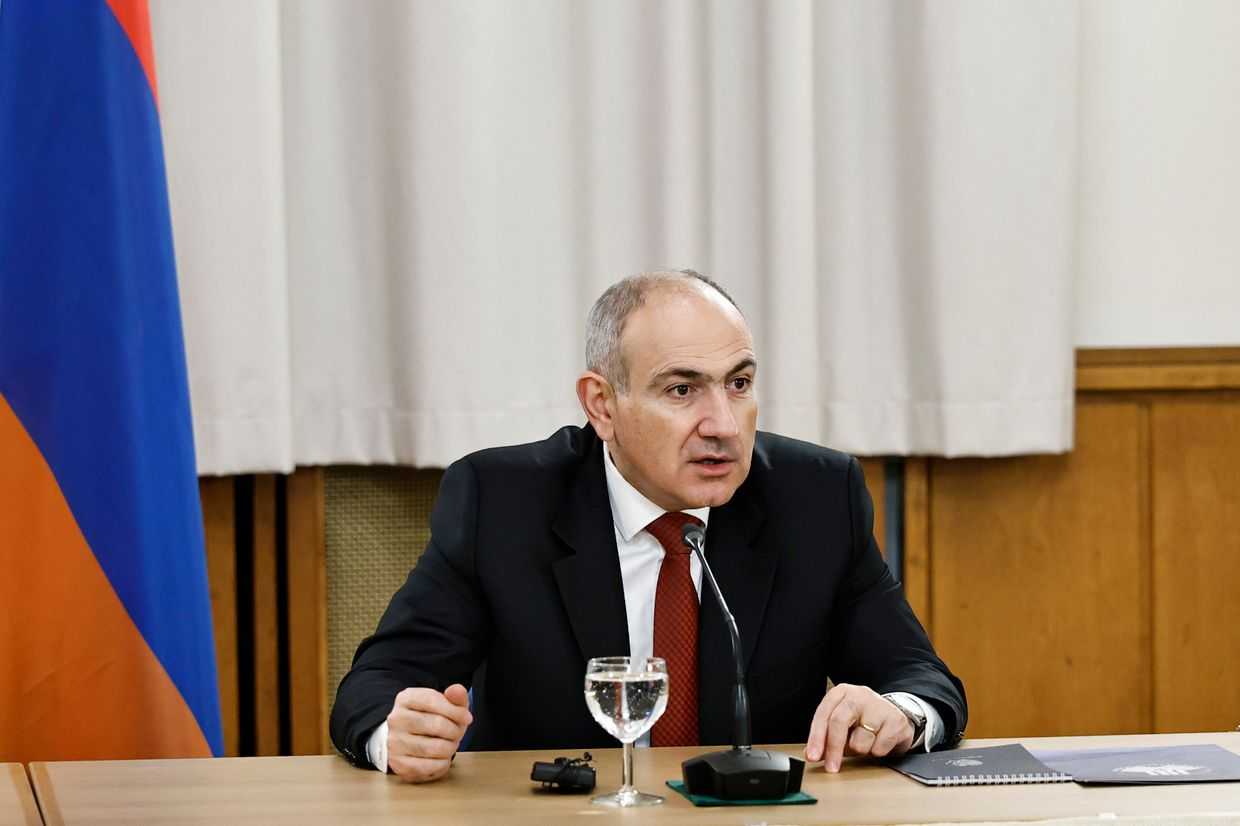
On Wednesday Azerbaijan again accused Armenia of firing at its positions in the Azerbaijani exclave of Nakhchivan, claims Armenia swiftly denied. Such statements have become frequent in recent months.
The Ministry of Defence of Azerbaijan has alleged that Armenian troops opened fire early on Wednesday morning in the direction of Nakhchivan. In response, Armenia stated that this claim ‘does not correspond to reality’, refuting that any units of the Armenian Armed Forces fired at Azerbaijani combat positions.
Azerbaijan has repeatedly accused Armenia of cease-fire violations, including previously in mid-August. Armenia has denied these accusations.
As in their previous statements, Armenia’s Defence Ministry reminded Baku of Yerevan’s offer to establish a joint Armenia–Azerbaijan mechanism for investigating reports of ceasefire violations.
The offer was first put forward by Armenian Prime Minister Nikol Pashinyan in mid-June, following a series of Azerbaijani accusations that Armenia had opened fire towards Azerbaijani combat positions.
Azerbaijan’s latest accusation has come the day after the country’s Foreign Minister, Jeyhun Bayramov, criticised Armenia’s purchase of weapons during a joint press conference with his Turkish counterpart, Hakan Fidan, in Ankara, calling it a ‘disturbing trend’.
Bayramov criticised ‘some’ countries for ‘arming’ Armenia, calling it ‘a very wrong policy, which can and should be considered as an additional source of threat for the region.’
He added that Azerbaijan is monitoring the developments, together with Turkey.
Bayramov noted that there were ‘positive developments’ in the peace talks, but reiterated that Armenia’s constitution and other legal documents contained territorial claims against Azerbaijan and Turkey, calling this ‘the main obstacle’ to the completion of the peace treaty.
Azerbaijani pro-government media has also made claims in recent weeks that the West, including the US, have sent lethal weapons to Armenia with the help of third-party transit countries. They also reported that the US has delivered weapons, tracking equipment, and personnel to Armenia to track the trajectories of missiles and other airborne objects launched from Iran, as tensions between Iran and Israel continue to rise.
Such claims were dismissed by the US embassies in Armenia and Azerbaijan.
‘Zangezur Corridor’ back on agenda
Before the latest round of accusations, Russian President Vladimir Putin visited Baku. There, he spoke with Azerbaijani President Ilham Aliyev about the ongoing peace talks between Azerbaijan and Armenia, as well as other bilateral issues.
Putin stated that Russia would continue to make the utmost effort towards the normalisation of the two countries’ relations and the conclusion of a peace treaty.
During the same state visit, however, Russian Foreign Minister Sergei Lavrov accused Armenia of ‘sabotaging’ agreements to open transit links through its southern Syunik province.
He was likely referring to Armenia’s opposition to the opening of the ‘Zangezur Corridor’, an Azerbaijani proposal to establish a corridor through Armenian territory connecting mainland Azerbaijan to its exclave of Nakhchivan.
In response, Armenia’s Foreign Ministry called ‘into question the constructive engagement of Russia’ in the Armenia–Azerbaijan normalisation process.
These statements were seen to hint at reviving the ‘Zangezur Corridor’, following the decision of Azerbaijan to withdraw such a demand from the peace treaty draft in August, removing a major roadblock to the signing of a treaty.
‘They gave Karabakh to Baku and came to Baku to remind them of their debt, that Baku owes them in return,’ Gagik Melkonyan, an MP from the ruling Civil Contract party told RFE/RL about Putin’s visit, adding that the Russian president came to solve the ‘Zangezur Corridor’ issue.
According to Melkonyan, Baku and Moscow will try to solve this issue by force, just like ‘they solved the Artsakh issue by force’.









